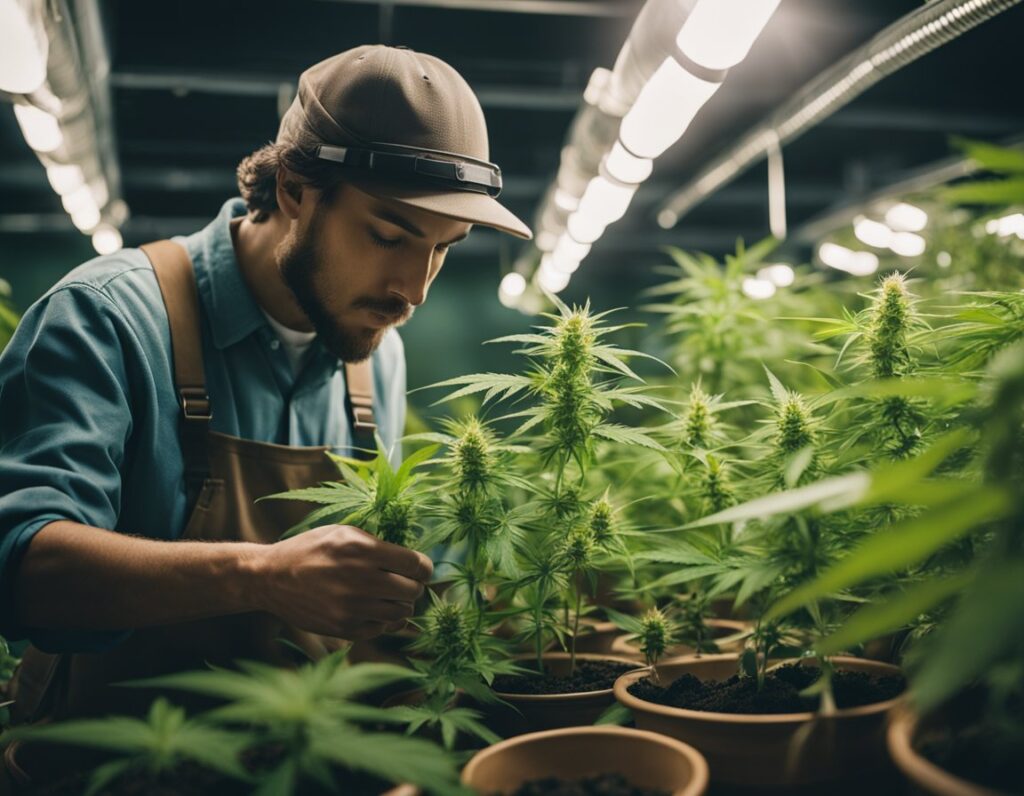
Legal guide to growing cannabis in Vancouver navigating the cannabis laws in Vancouver requires awareness of federal, provincial, and municipal regulations. Understanding these laws will help you with legal cannabis growing Vancouver while ensuring compliance with specific possession limits and cultivation guidelines.
The Cannabis Act, enacted in Canada in October 2018, allows adults to grow and possess cannabis legally. In British Columbia, these federal regulations are supplemented by provincial laws that dictate specific practices.
In B.C., adults aged 19 and older can cultivate up to four cannabis plants per household. It’s crucial to ensure these plants are grown in a location not visible from public spaces. The province also emphasizes public health and safety, regulating the sale and distribution of cannabis to minimize risks associated with its use.
To engage in legal cannabis activities in Vancouver, you must be 19 years of age or older. This age limit applies to purchasing, possessing, and growing cannabis.
Possession limits are set as follows:
Ensure you adhere to these limits to avoid fines or legal issues. Always verify the specific local bylaws, as cities might have additional restrictions.
Though the basic possession laws apply to both recreational and non-recreational cannabis, there are distinct differences. Recreational cannabis is available for personal use, subject to the Cannabis Act and provincial regulations. Be sure to stay updated on legal guidelines relevant to your situation to ensure compliance and avoid potential penalties.
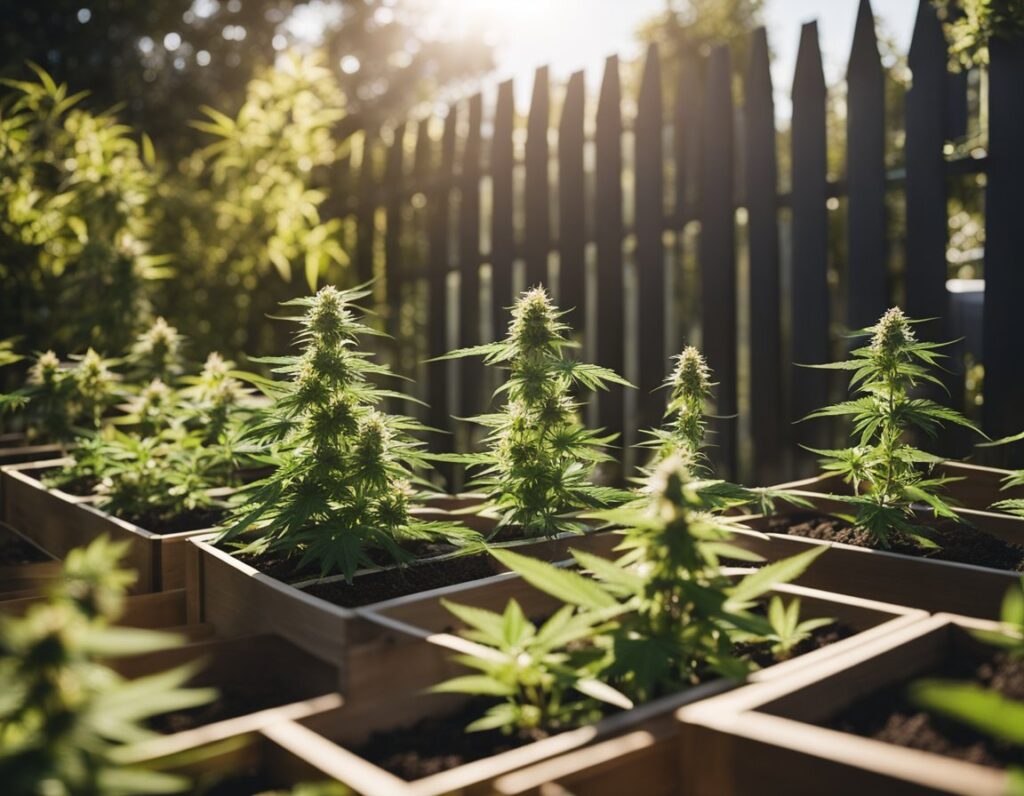
In Vancouver, home cultivation of cannabis is regulated by both federal and provincial laws, which outline the specific guidelines and responsibilities you need to know. Understanding these regulations is crucial for successful and compliant cultivation.
As a resident of Vancouver, you are allowed to grow a maximum of four cannabis plants per household. This limit applies regardless of the number of adults living in the home. It is essential to cultivate these plants in an area not visible from public spaces like streets or parks. Before starting, ensure that you have sourced high-quality marijuana seeds Vancouver to optimize your cultivation process and comply with regulations.
You must ensure that the plants are not accessible to minors and are kept secure from unauthorized access. If you’re growing indoors, consider factors such as light, ventilation, and humidity to create an optimal environment for the seedlings. Proper monitoring helps prevent mold and pests, which can harm your plants.
If you are renting, it’s essential to review your lease agreement regarding cannabis cultivation. Many landlords have specific clauses governing the growing of cannabis plants on their property. Make sure you obtain written permission if required.
Some landlords may prohibit cultivation due to concerns about property damage or legal liabilities. Always communicate with your landlord to clarify any restrictions. You may even want to negotiate terms that allow for safe and responsible home cultivation while addressing their concerns.
Safety is a top priority when cultivating cannabis at home. Implement fire safety measures by ensuring that your grow lights and any electrical equipment meet safety standards. Avoid overloading electrical sockets and use timers to regulate light exposure.
Keep fire extinguishers accessible and regularly check your wiring for potential hazards. If you cultivate indoors, ensure proper ventilation to prevent excessive heat and humidity, which could lead to fire risks. Adhering to these safety regulations not only protects your home but also promotes responsible cultivation practices.
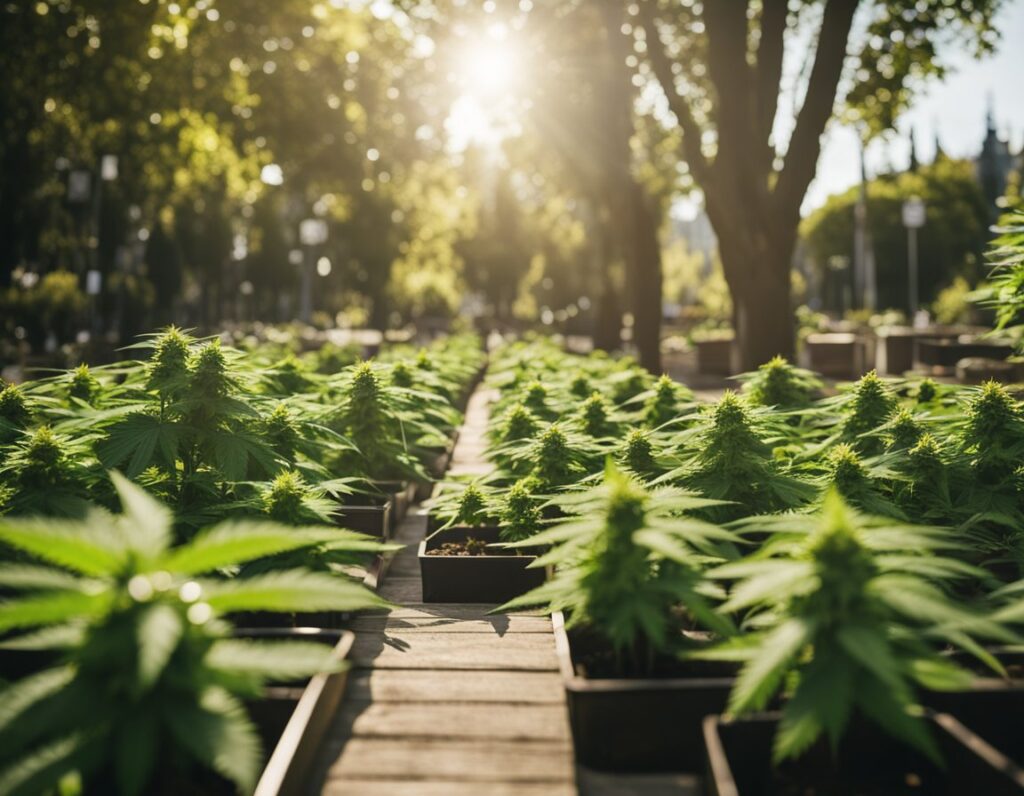
Understanding the regulations surrounding cannabis consumption in public spaces is crucial for residents of Vancouver. The laws aim to balance the enjoyment of cannabis with public health and safety, offering clarity on where consumption is allowed and the restrictions in place.
In Vancouver, smoking and vaping cannabis in public is regulated under provincial law. You cannot smoke or vape within 6 meters of doorways, air intakes, and windows of public buildings. Additionally, public spaces such as sports fields and parks may have specific bylaws that further restrict or prohibit consumption.
Consider that local municipalities can impose their own rules. Therefore, it’s essential to check the specific regulations in your area. Violating these restrictions can lead to fines or other legal consequences, making it important to stay informed.
Currently, there are no designated public consumption spaces for cannabis in British Columbia. This decision stems from the provincial government’s approach to allow public cannabis use in certain areas while maintaining control over specific consumption environments.
The idea of creating cannabis-consumption spaces is under consideration by the B.C. government. Should these designated areas be established, they may offer a controlled environment where you can consume cannabis legally, separate from traditional public spaces. Following local developments will keep you informed of any changes in this regard.
Cannabis consumption is strictly prohibited near K-12 school properties and playgrounds in Vancouver. This is in line with public health efforts to protect children and maintain a safe environment.
You cannot smoke or vape cannabis on school grounds or within designated distance limits from these locations. These restrictions help mitigate exposure to cannabis and ensure that youth are not influenced by its use in public spaces. Familiarizing yourself with these rules is essential, especially if you frequent areas close to schools and playgrounds.
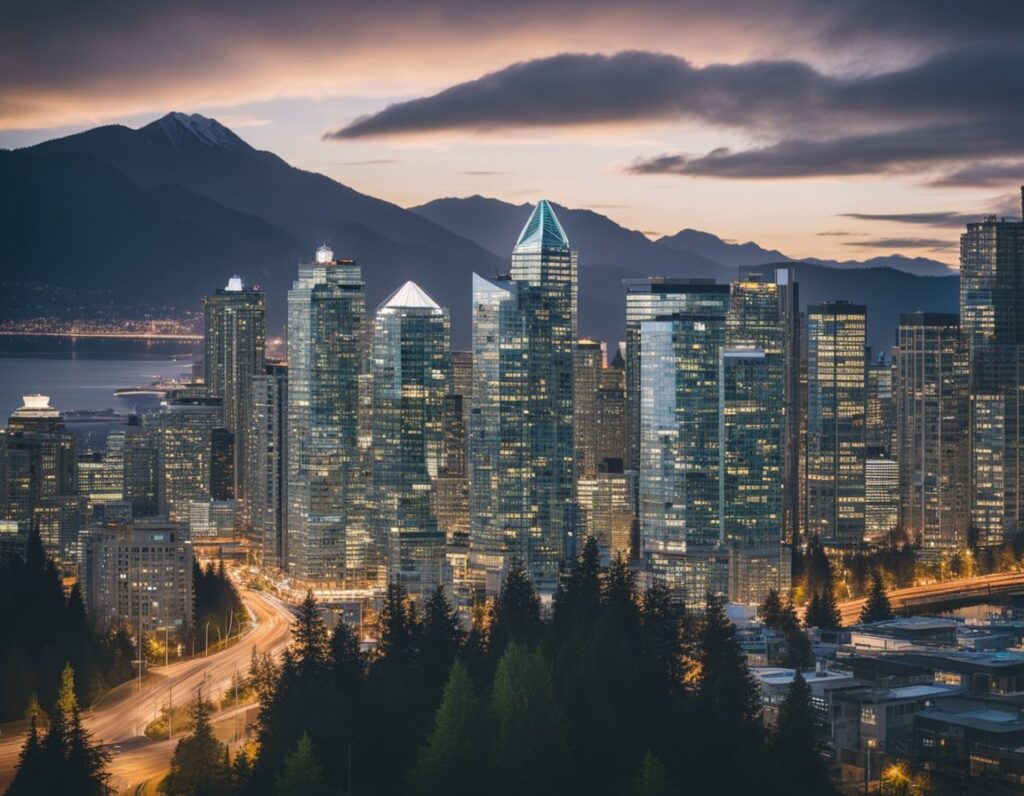
Understanding the penalties and enforcement mechanisms surrounding cannabis cultivation is crucial. Violations of cannabis laws can lead to significant fines and potential criminal charges. Additionally, enforcement is coordinated at both provincial and local levels to ensure compliance with regulations.
In British Columbia, the Cannabis Control and Licensing Act outlines various penalties for offenses related to the cultivation of cannabis. You may face administrative fines for violations like exceeding the allowed number of plants or not adhering to licensing requirements.
Fines can range widely based on the severity of the infringement and can reach thousands of dollars.
Criminal charges can also arise if you are found engaging in illegal activities, such as the sale of unlicensed cannabis. Convictions can lead to a criminal record, which may affect various aspects of your life, including employment opportunities.
The enforcement of cannabis regulations is primarily handled by the Community Safety Unit (CSU) in British Columbia. Their role includes conducting inspections, issuing violation tickets, and seizing unauthorized cannabis plants.
The CSU can also conduct hearings and recommend further prosecution based on the findings of their investigations. Local authorities may collaborate with the CSU to ensure that cannabis laws are upheld in your area.
This multi-layered approach aims to deter illegal cultivation and maintain public safety. Therefore, it is essential to stay informed about both provincial regulations and local enforcement trends to avoid penalties.
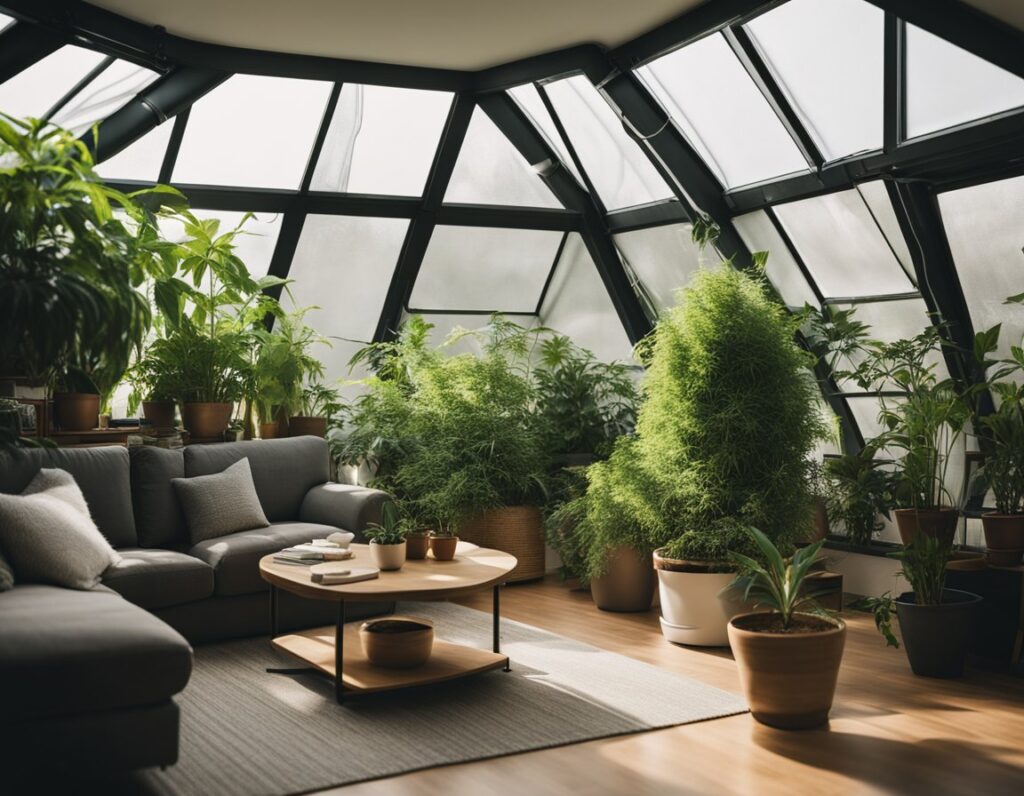
When living in multifamily residences like condos or apartments, understanding the legal and social implications of cannabis cultivation and consumption is crucial. You must navigate the regulations, property rules, and the impact on your neighbors to ensure a harmonious living environment.
In British Columbia, adults aged 19 and older can legally grow up to four cannabis plants per household. However, if you live in a condo or apartment, it’s important to review your building’s bylaws before starting any cultivation. Many residential agreements may restrict indoor cannabis cultivation, particularly in shared spaces. Ensure that your plants are not visible from public or common areas to comply with regulations. For consumption, private units are typically acceptable, but common areas often have restrictions. Be mindful of smoke-free policies that some buildings enforce. Understand both your rights and responsibilities as a tenant to avoid issues.
Cannabis can significantly impact rental agreements and landlord-tenant relationships. Under British Columbia’s Human Rights Code, you may have specific rights related to your cannabis use. For instance, landlords cannot evict tenants for lawful cannabis growth or consumption if it does not infringe on others’ rights.
You should review your rental agreement closely to identify any clauses related to cannabis use. Landlords may establish rules about smoking or growing cannabis on the premises. Violating these conditions could lead to disputes or termination of the lease.
Ensure clear communication with your landlord regarding cannabis practices. If uncertain, consult legal advice to stand firm on your rights under existing laws.
Secondhand smoke is a concern in multifamily residences. Smoking cannabis can affect neighbors, leading to complaints and potential conflicts. It’s essential to consider how your consumption habits may impact others living in close quarters.
Many apartments and condos now implement strict smoking bans to protect residents from secondhand smoke. Check your property’s policies to avoid violations. If smoking is permitted, consider alternatives like using vaporizers or edibles to minimize smoke exposure.
To address any smoke-related concerns, communicate openly with your neighbors. Establishing respectful habits can foster a better living environment for everyone involved. Educate yourself on the implications of cannabis use in communal settings to navigate these challenges effectively.
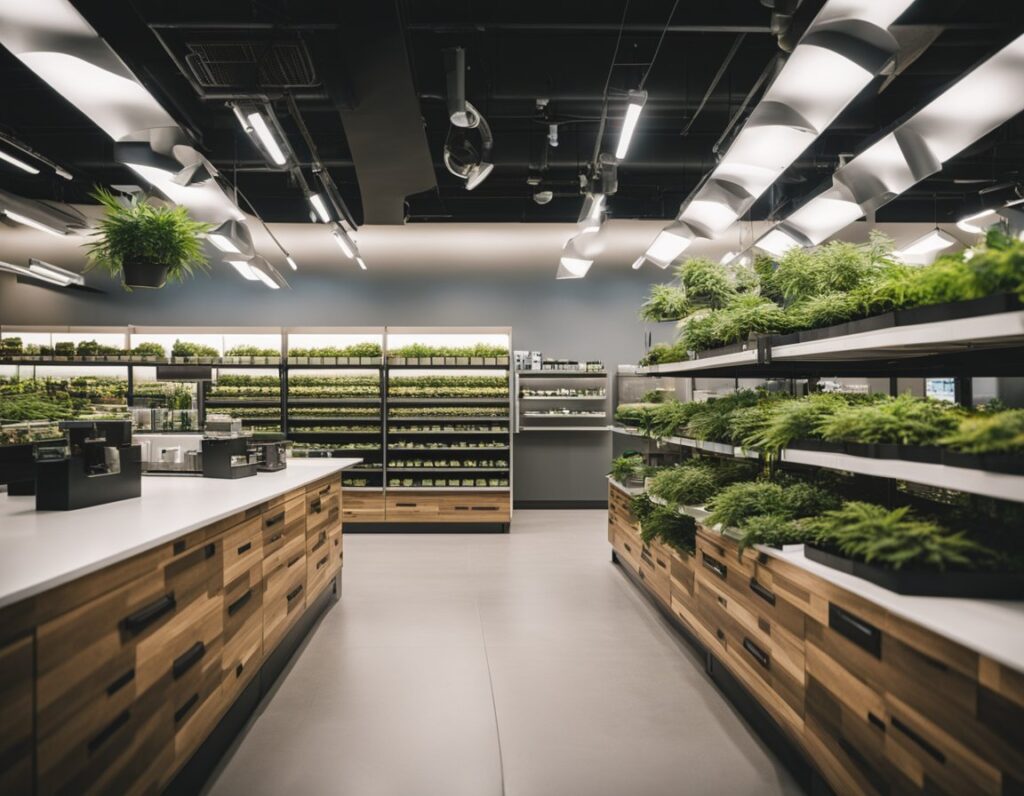
Vancouver’s retail landscape for cannabis products is heavily regulated. Understanding licensing requirements and the role of the Liquor Distribution Branch is essential for successful business operations.
To legally sell cannabis products in Vancouver, you must obtain a license from the provincial government. This includes a few key steps:
Application Process: Submit your application to the local government, detailing your store’s location, security measures, and the types of products you plan to sell.
Eligibility Criteria: You must be at least 19 years old and have no criminal convictions related to cannabis.
Store Location Compliance: Ensure your retail location is compliant with zoning regulations. Stores should be at least 300 meters from schools and youth facilities.
Upon approval, you can begin selling a range of cannabis products, including dried flower, edibles, and concentrates, within legal limits.
The Liquor Distribution Branch (LDB) plays a key role in the distribution of cannabis in British Columbia. It manages the wholesale distribution of cannabis products to licensed retailers across the province.
Understanding these processes ensures that you can navigate the complexities of the legal cannabis retail environment in Vancouver.
This section addresses common inquiries regarding the legal aspects of growing cannabis in Vancouver, including limits, licensing, and regulations that residents need to be aware of.
In British Columbia, adults aged 19 and older can legally grow up to four cannabis plants per household. These plants must be kept out of sight from public spaces to comply with regulations.
In Vancouver, residents do not require a specific personal grow license to cultivate cannabis for personal use, as long as they adhere to the legal plant limit and regulations set by both provincial and federal laws.
No, under current regulations in British Columbia, all adults, regardless of purpose, are allowed to grow a maximum of four cannabis plants per household.
If you exceed the legal limit of four plants, you could face penalties, including fines and potential legal action. The severity of consequences may vary depending on the circumstances.
Vancouver residents must follow provincial regulations, which allow a maximum of four cannabis plants per household. These plants must be cultivated in a way that keeps them out of sight from the general public. Stay informed with this legal guide to growing cannabis in Vancouver to avoid penalties and ensure compliance with local laws.
We ship and deliver world wide via USPS and various couriers.
We offer a wide range of secure and anonymous online payment options.
We care about you, our customer. Please contact us with any questions or concerns.
Find out more about the benefits of being a loyal and regular customer.
WE ARE EVERY GROWERS ONE STOP SHOP TO ACQUIRE PREMIUM CANNABIS SEEDS FOR SALE IN THE USA, CANADA AND AUSTRALIA

Farmers Lab Seeds 2024, | All Right Reserved
Seeds are sold as novelty items, souvenirs, and collectibles. They contain 0% THC. We encourage our customers to check the legislation in their Country, State, Province, and Municipality prior to purchasing items from our store. We do not provide growing information.
All seeds are sold as hemp, and lab tested under 0.3% THC. This product is not for use by or sale to persons under the age of 21. This product should be used only as directed on the label. It should not be used if you are pregnant or nursing. Consult with a physician before use if you have a serious medical condition or use prescription medications. A Doctor’s advice should be sought before using this and any supplemental dietary product. All trademarks and copyrights are property of their respective owners and are not affiliated with nor do they endorse this product.
These statements have not been evaluated by the FDA. This product is not intended to diagnose, treat, cure or prevent any disease. Individual weight loss results will vary. By using this site, you agree to follow the Privacy Policy and all Terms & Conditions printed on this site. Void Where Prohibited by Law.